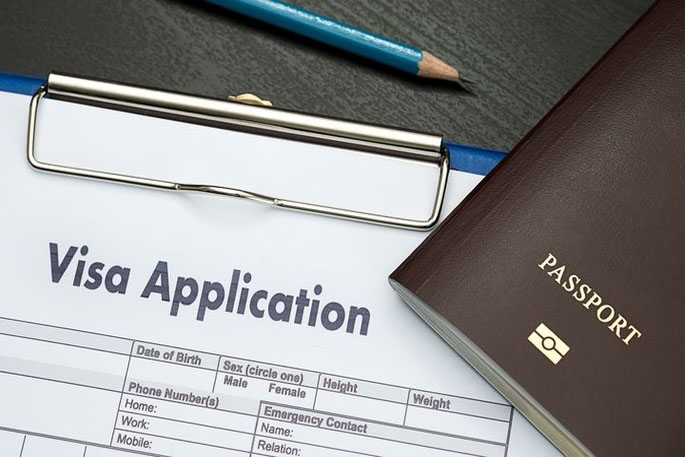The immigration industry says officials are using what one lawyer described as Trump-style ‘extreme vetting' to limit immigration numbers.
Immigration representatives say bureaucratic tactics are being used to slow down residence processing, a claim Immigration New Zealand denies.
New residents fell to the lowest levels since the turn of the century this year despite a sharp increase in applications.
The number of residence applications rose sharply from a low of 15,000 in April last year to 35,000 last month, according to figures from the INZ website.
The body that represents immigration lawyers and advisers, the Association for Migration and Investment, says it was concerned at the visa process slowdown and whether there were ulterior motives for it.
'When a case officer can come back and ask for any additional information, you'd think they'd come back and ask for all the things extra they need,” says chair June Ranson.
'The problem is, you give them that, and then it's almost as if they invent another question. Rather than wrapping it all in together, they go backwards and forwards – it's almost like you've got a new penpal, and they want to keep in touch with you.
'That is totally inefficient, but it's happening, and it just drags out the application so you wonder if there's ulterior motives to it.”
Immigration lawyer Richard Small says there was a growing culture of ‘extreme vetting' alongside a decrease in discretion in decision-making.
US President Donald Trump took office promising to enact an ‘extreme vetting' immigration system. American academics say having been blocked on building a wall with Mexico to limit immigration numbers, the administration is using the 'invisible walls' of long processing times and administrative changes to make it harder for immigrants to work, settle and visit family there.
Case officers in New Zealand were asking for information they did not usually request and which were sometimes not contained in immigration instructions, says immigration adviser Toni Alexander.
"I had to remind an officer over and over that a medical was cleared, for instance, now when there should be no further obstacles, she has decided to submit a request for an NZ police clearance, a request which should have been made a very long time ago. A police clearance can take six weeks - so it is just a delaying tactic.
"We're frequently told [by case officers] 'oh well, my technical advisor told me to ask for this'. So they're being instructed from above and it's a process of slowing down applications because technical advisers are senior people, and they know the instructions very well, as well as we do."
Immigrants had been waiting so long that even their extended temporary visas were now expiring, she says, adding expense and inconvenience.
They were being asked to resubmit evidence that had become out-dated because of the delays.
INZBorder and Visa Operations general manager Nicola Hogg says in a statement there had been no attempt to slow visa processing.
"New Zealand continues to be an attractive destination and application volumes have been increasing steadily across all categories," she says.
"We are also seeing an increase in the level of risk and complexity in applications.
"Certain applications are always going to take longer to process because of the risk factors present."
There were two main stages when applicants were asked for additional information: when the application was first received and after it was allocated to a case officer.
"However, sometimes when we receive information, we need to make an additional request for further information - for example, if the information supplied is insufficient to demonstrate immigration requirements are met," she added.



0 comments
Leave a Comment
You must be logged in to make a comment.